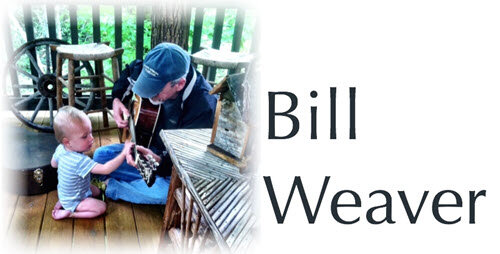The Body's Immune System
The human body is a marvelous thing. If a part of my body gets infected or diseased, there is within me something of which I have little understanding but great appreciation. It's a network of cells, endothelium, receptors, interferons and other entities called the immune system, whose primary function is to rise up, confront that which is attempting to bring harm into my body and stop it. Or, as someone who knows this stuff said ... "to recognize invading agents and damaged host cells, contain and neutralize the threat and eventually allow healing" of the body. The network exists for the sake (the love?) of my body. It is my body's first line of defense. Without it I would quickly die.
No doubt Paul's exhortation to the Corinthian church about the man sleeping with his father's wife is in your mix somewhere (I Cor. 5 and 2 Cor. 2: 1-11). I used to look at the story as all about enforcing a higher moral code to which believers should adhere. Then, as I began to understand grace, this shifted to thinking that our (the church's) primary motivation was to help ensure the individual's salvation: to help do for him what he was unable or unwilling to do for himself.
While not in any way diminishing the importance of either, of late in reading scripture more from a corporate perspective I've come to appreciate that perhaps Paul's first reason for exhorting the church to take deliberate and intentional action was not to maintain moral order, or to protect the salvation of the individual (as critically important as both of these are and, therefore, essential), but rather to protect the larger body that was the Corinthian church, because he knew "a little leaven leavens the whole lump" and if they did not take action, the "leaven" would spread and the body would eventually weaken and die.
This makes sense if (as suggested in my first email) we are one with God and each other in singularity as well as in union. Like a physical body's immune system, we in Christ's body are called to be watchful for that which seeks to gain a foothold to "steal and kill and destroy" and, when necessary, rise up to ensure the very life and health of the body we share. To that end, I'm coming to appreciate that perhaps our first motivation for such intervention (and what, in turn, sets boundaries around our use of authority) is not one of control, but -- as with our physical body -- for the love of the larger body (which, of course, includes that part who needs healing), and not in a passive way, but with determined intentionality.
Which raises a point about the man whom Paul judged. We don't know, but we could suspect he may have reacted similarly to the one in your church -- resentful that others were trying to "control" his life, and that the church should MYOB. To the first, if your guy is fearful of being "controlled," he may well be right, but I'll get to that in a moment. As to the second, absolutely nothing could be further from the truth. When Paul spoke of marriage in Ephesians, he was speaking only secondarily of husbands and wives. Similarly, his temple analogies in the Corinthian letters have only secondary application to the individual. First and foremost he was saying something about our collective accountability one to another for the welfare of the body. We are one. When I corrupt my body, I bring corruption into Christ's body (us), and so bring it into you. When you hurt another in the body, you bring hurt into His body (us), and so bring it into me. And, yes, also to God, but His skin is tougher than ours. Thus, to think that my choices -- whether for good or ill -- are only "all about me" reveals a serious misunderstanding of what it means to be one of God's people.
That's why, when it comes to protecting the body, I'm thinking this is a charge for the entire community to own, not for just a few behind closed doors. There is nothing in Paul's letters to the Corinthians regarding this matter that appears directed exclusively to the church leadership. What he said, he said to the entire community. They all knew of the situation. He wanted them all to own it. They were one. He spoke to them as such and expected them to respond in kind.
